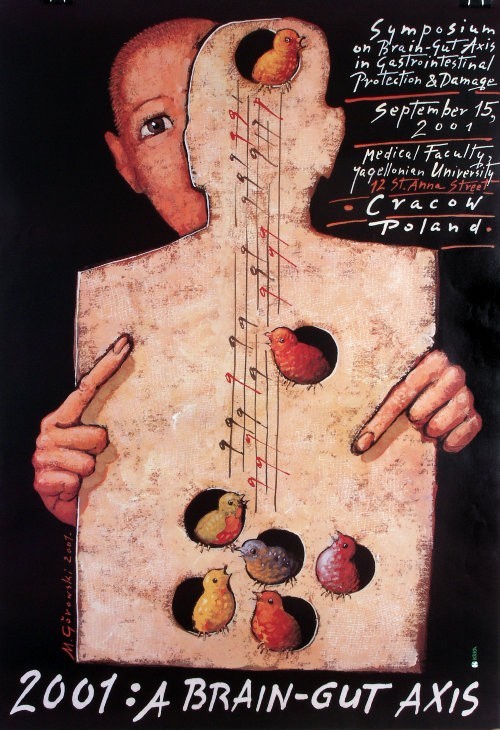This post has been updated.
This is one of those straightforward posts I sometimes do when I come across information that I feel is important to share. It will involve factoids and a list. You’ve been warned! Basically I’m going to outline some interesting stuff that explain why problems with your gut are causing the mood and energy issues you might be having.
What’s a leaky gut?
You have a barrier protecting your abdominal wall. When this barrier is weakened (it quite literally gets holes in it, ergo the “leaky” descriptor), it reacts to external toxins – peptides from gluten and dairy and antibodies we make to food or infections or bugs. The cytokines that this triggers then enter our body and wreck havoc.
How does it get leaky?
Your abdominal wall can get weakened (leaky) from:
- a crappy diet high in sugar and low in fibre
- nutritional deficiencies of zinc and omega-3 fats
- overuse of antibiotics and hormones
- environmental toxins
- massive stress
How’s the gut linked to the brain?
Both the gut and brain originate early in embryogenesis from the same clump of tissue, which divides during fetal development. One section turns into the central nervous system, and the other becomes the enteric nervous system (the gut’s brain – our second brain – so to speak).
Stay with me now!
These two nervous systems later connect via a cable called the vagus nerve – the longest of all the cranial nerves. Vegus means “wandering” and it meanders (all across your torso) from the brain stem, through the neck, and finally ends up in the abdomen.
The gut has a brain? Let’s unpack this a little.
- the gut’s brain is located in sheaths of tissue lining the esophagus, stomach, small intestine and colon.
- the gut brain contains some 100 million neurons, more than in the spinal cord or the peripheral nervous system.
- it’s packed with neurons, neurotransmitters and proteins that send messages between neurons or support cells like those found in the brain.
- it contains a complex circuitry that enables it to act independently, learn, remember and produce gut feelings.
